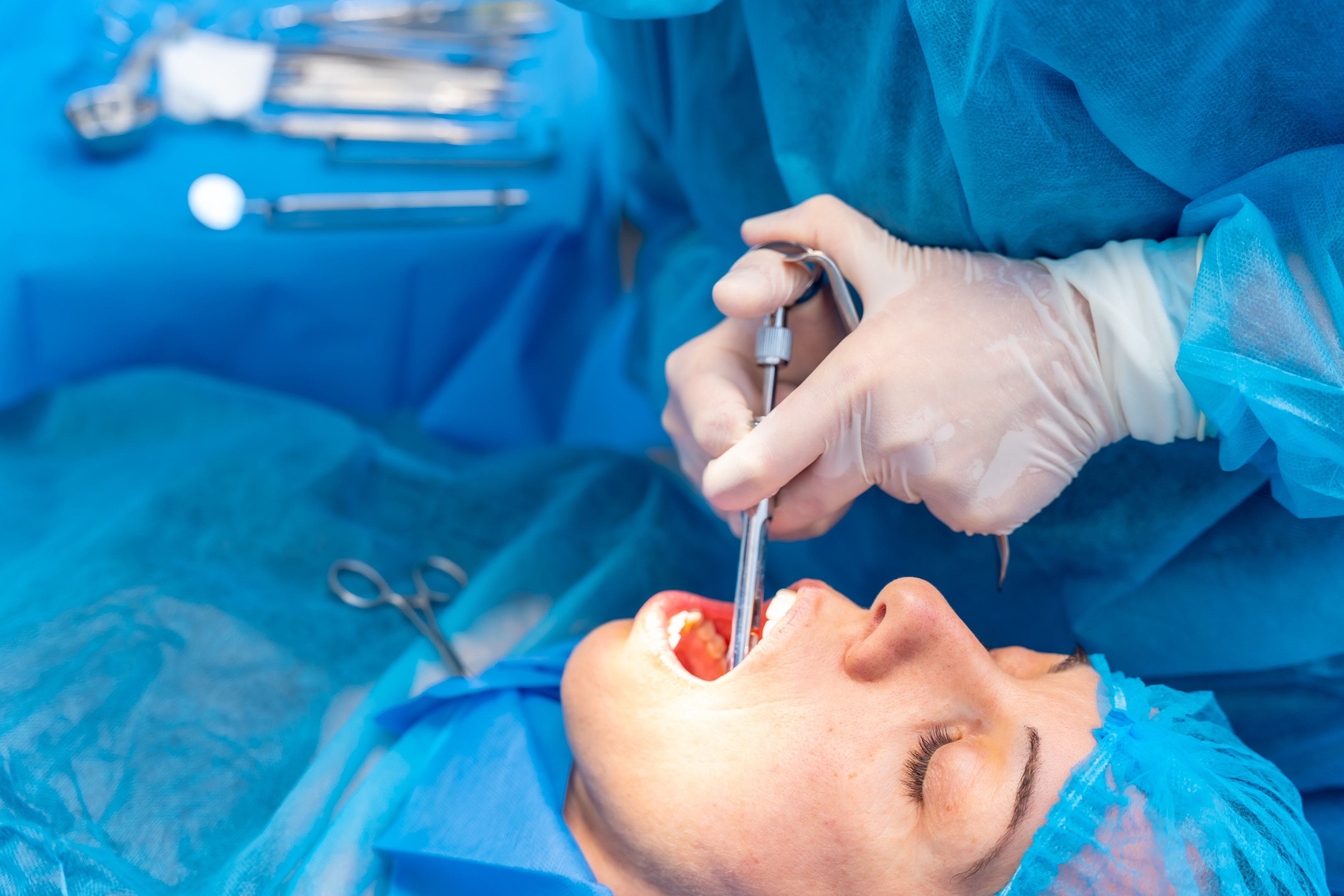
Are you in Calgary and facing the possibility of having a tooth removed? Whether it’s due to tooth decay, gum disease, or those pesky wisdom teeth, understanding the tooth removal Calgary process is crucial.
At Sunridge Oral Surgery, located in the NE side of Calgary, Alberta, we provide expert tooth removal Calgary services to residents throughout North Calgary and surrounding areas. This guide will answer some of the most common questions about tooth removal Calgary, including what to expect, how to prepare, and how to ensure a smooth recovery.
Think of tooth removal Calgary like navigating a maze—if you know the path, it’s straightforward; if not, it can feel daunting. This blog will serve as your roadmap, helping you understand why a tooth removal might be necessary, what the procedure involves, and how to care for your mouth afterward.
What is Tooth Extraction and Why is it Necessary?
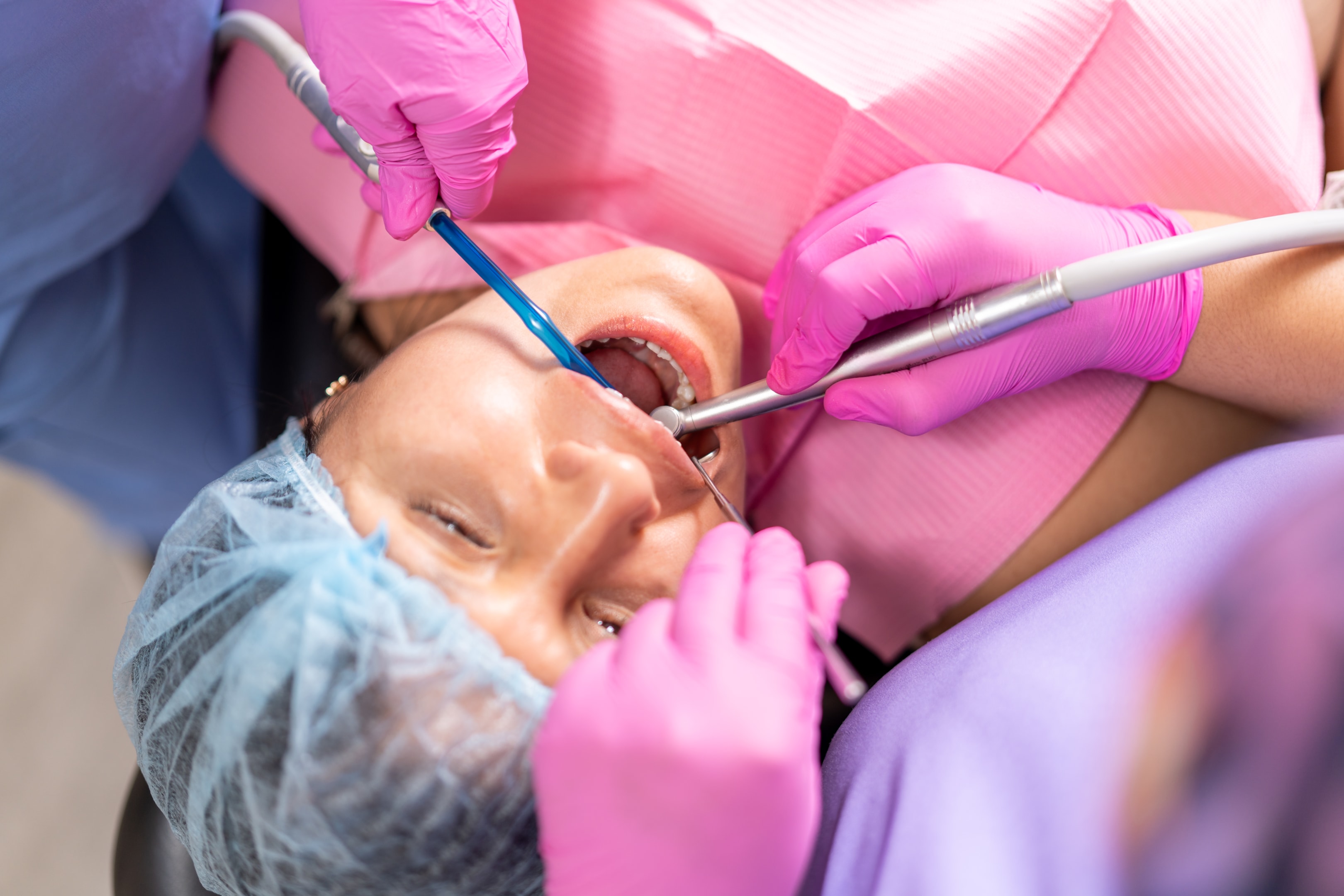
Tooth removal Calgary, or tooth extraction, or dental extraction, is the removal of a tooth from its socket in the jaw bone. This procedure is necessary for several reasons, including severe tooth decay, gum disease, a damaged tooth that can’t be repaired, or overcrowding in preparation for orthodontic treatment.
In children, baby teeth may need to be extracted due to infection, overcrowding, or complications affecting the emergence of adult teeth. Wisdom teeth, in particular, are often extracted because they can become impacted, causing pain, swelling, and potential damage to surrounding teeth.
Tip: If your dentist recommends tooth removal in Calgary, it’s essential to understand the reason behind it to make informed decisions about your oral health.
Understanding Impacted Wisdom Teeth and Their Impact
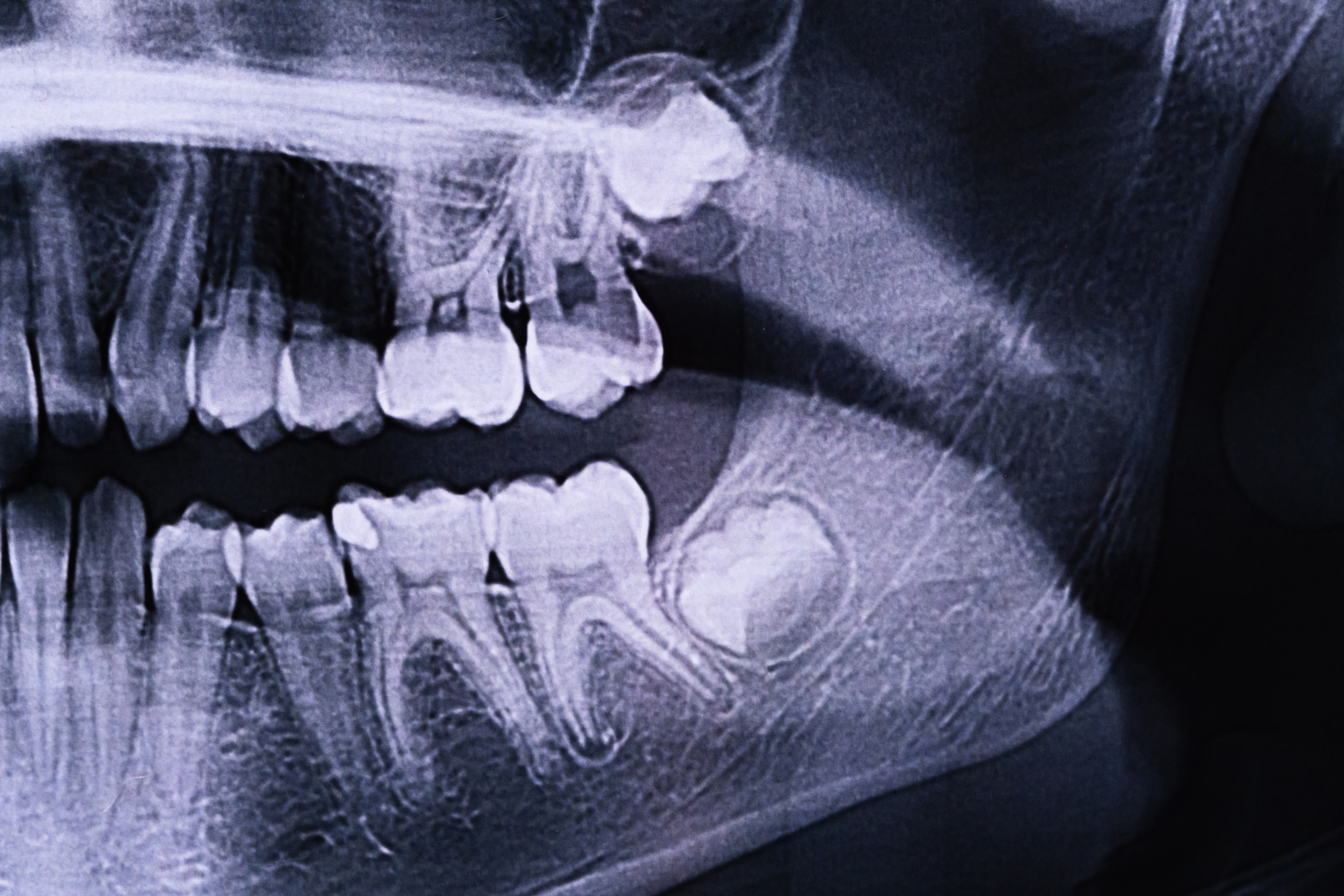
Wisdom teeth are the last set of molars to develop, usually appearing in your late teens or early twenties. Due to a lack of space in the mouth, these teeth often become impacted, meaning they do not fully erupt or grow in at an angle.
Impacted wisdom teeth can lead to infections, pain, and damage to other teeth, making tooth removal in Calgary for wisdom tooth extraction a common procedure.
Tip: Regular dental check-ups can help monitor the development of your wisdom teeth and determine if extraction is necessary before complications arise.
Types of Tooth Extractions: Simple vs. Surgical
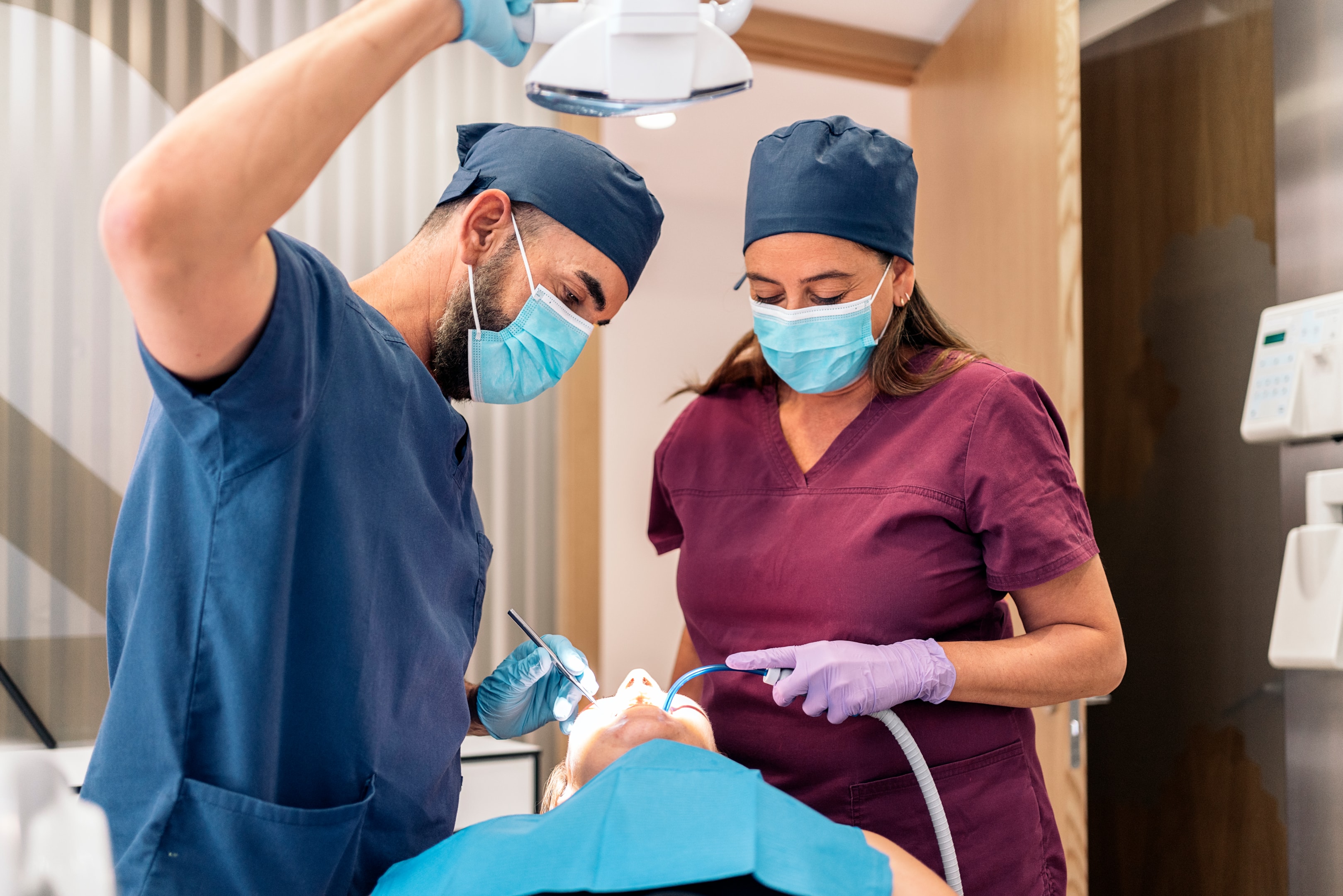
There are two primary types of tooth removal Calgary: simple and surgical. A simple extraction is performed on a tooth that is visible in the mouth and can be removed with forceps under local anesthesia. In contrast, a surgical extraction is more complex, often requiring an oral surgeon to make an incision in the gum and remove the tooth, sometimes in pieces. Surgical extractions are typically used for impacted teeth or teeth that have broken off at the gum line.
Tip: Discuss with your dentist which type of tooth removal in Calgary you need to ensure you’re fully prepared for the procedure.
Preparing for Your Tooth Removal Calgary Procedure

Proper preparation can help make your tooth extraction experience as smooth as possible. Follow your oral surgeon’s pre-extraction instructions, which may include fasting if anesthesia is being used, arranging for transportation if you’re undergoing sedation, and purchasing soft foods for your recovery. Being prepared will help reduce anxiety and ensure a smoother recovery.
Tip: Stock up on soft foods like yogurt, applesauce, and mashed potatoes to avoid having to run errands while you recover.
What to Expect During the Procedure
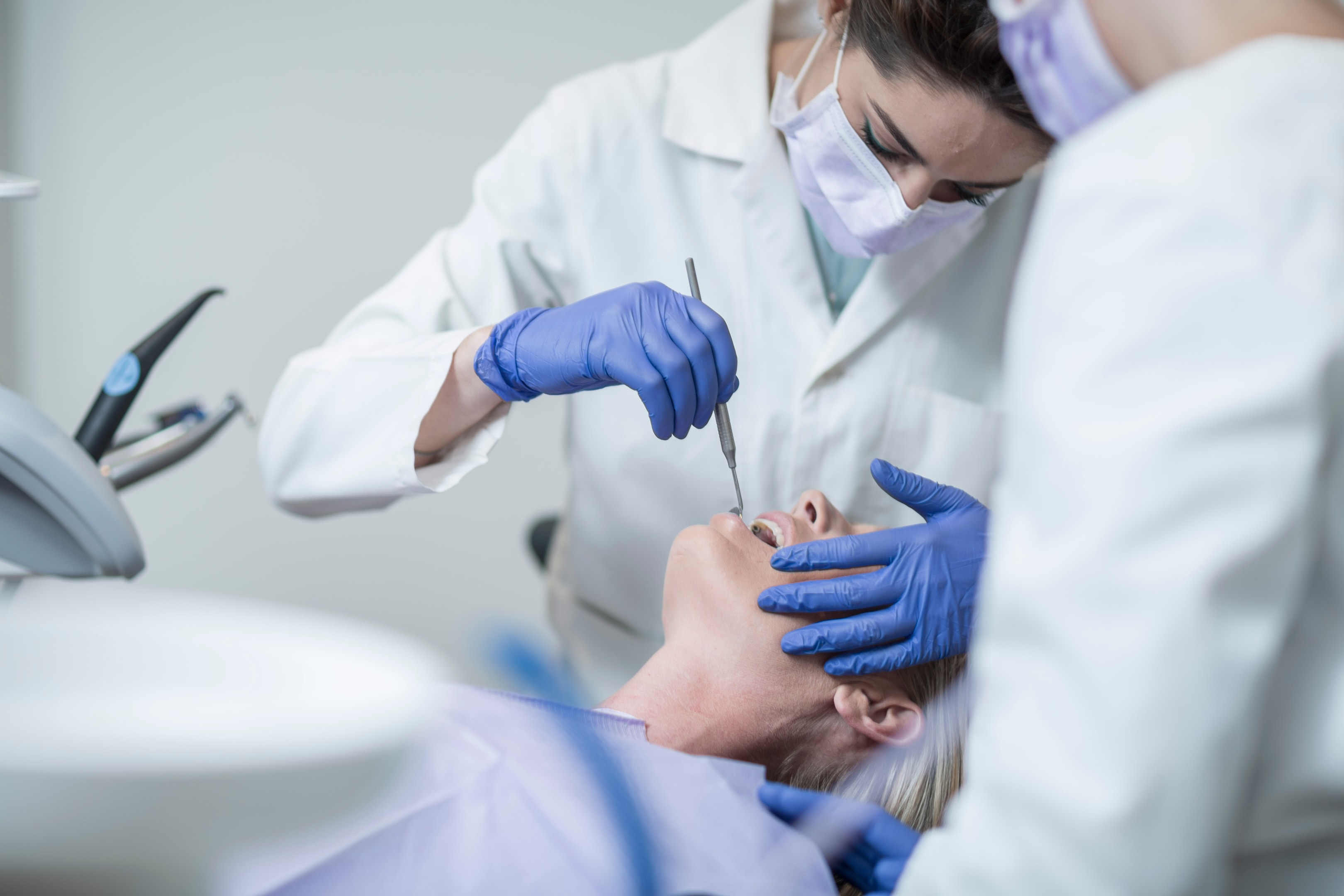
On the day of your tooth removal in Calgary, you’ll arrive at the oral surgery office and be made comfortable. The procedure usually starts with a local anesthetic to numb the area around the tooth.
If you’re particularly anxious or undergoing a surgical extraction, your oral surgeon may recommend sedation options like oral sedation, IV sedation, or even general anesthesia.
The extraction process itself can take anywhere from a few minutes to an hour, depending on the complexity.
Tip: Wear comfortable clothing and bring a companion if you’re receiving sedation to help ease your nerves.
Post-Extraction Care for a Smooth Recovery
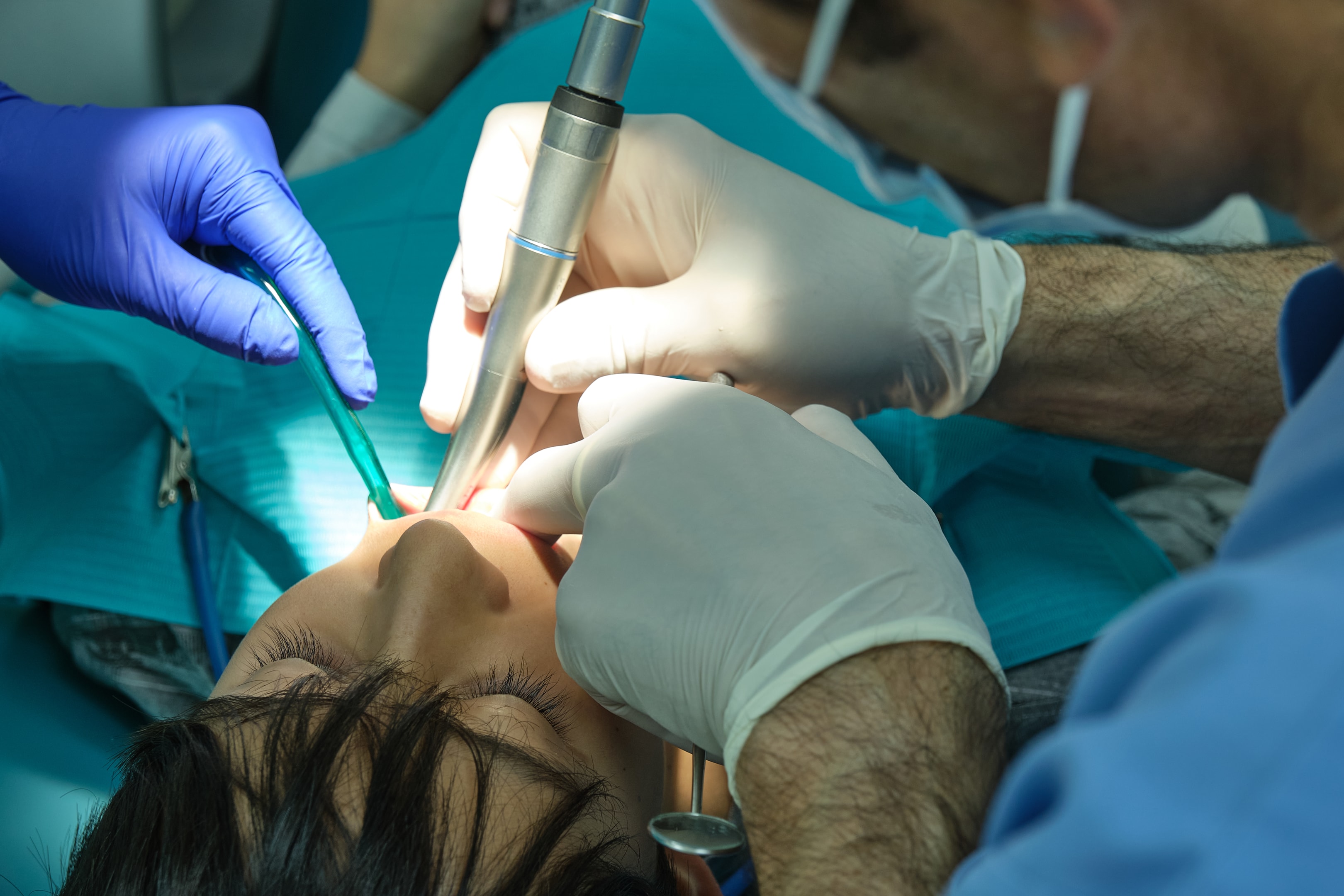
After tooth removal Calgary, proper care is crucial for a smooth recovery. Your dentist will place gauze pads over the extraction site to control bleeding and help form a blood clot. You’ll need to rest and avoid strenuous activity for at least 24 hours. Applying ice packs to your cheek can reduce swelling, and pain can usually be managed with over-the-counter medications or prescriptions.
Tip: Avoid using straws, smoking, or eating hard foods immediately after the extraction, as these can dislodge the blood clot and lead to dry socket.
Avoiding Common Complications

While tooth removal in Calgary is generally safe, complications can occur. The most common include infection, dry socket, prolonged bleeding, or nerve injury.
The risk of complications can be minimized by closely following your dentist’s post-operative instructions and keeping the extraction site clean. If you experience severe pain, swelling, or other unusual symptoms, contact your dentist immediately.
Tip: Rinse your mouth with a saltwater solution starting 24 hours after the extraction to help keep the area clean and promote healing.
Managing Pain and Swelling Effectively
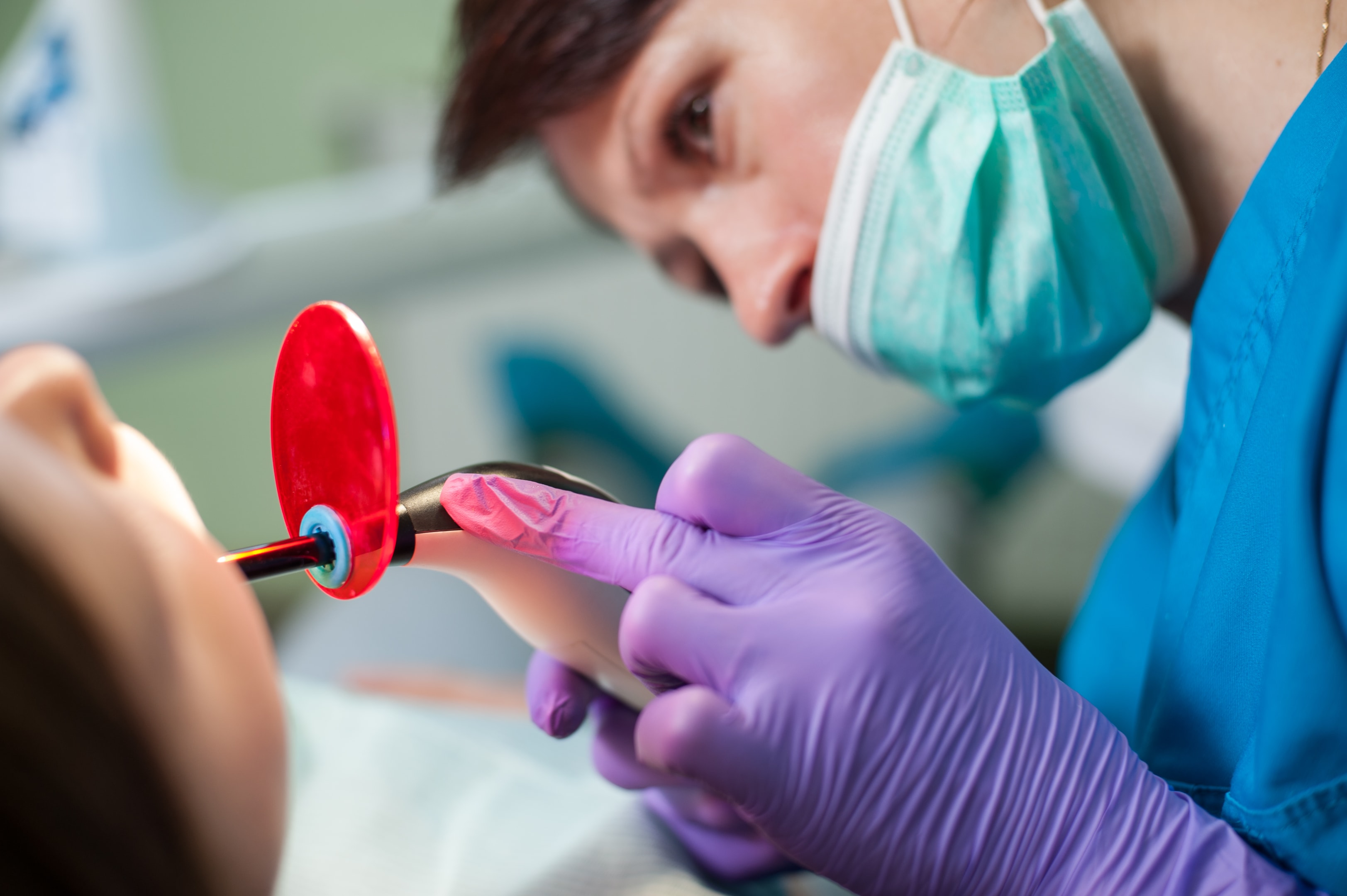
Pain and swelling are typical after a tooth extraction but can be managed with the right approach. Ice packs can help reduce swelling, and pain medications will control discomfort. It’s also essential to rest and avoid activities that could cause additional pain or stress to the extraction site.
Tip: Elevate your head while sleeping to reduce swelling and avoid sleeping on the side of the extraction.
Foods to Eat (and Avoid) After a Tooth Extraction

Your diet will play a significant role in your recovery. Stick to soft foods like smoothies, soups, and mashed potatoes in the days following your extraction. Avoid foods that are crunchy, sticky, or too hot, as these can irritate the extraction site and slow down healing.
Tip: Stay hydrated, but drink from a glass and avoid using a straw to prevent dislodging the blood clot at the extraction site.
When to Consider Tooth Replacement Options

If you’ve had a tooth extracted, especially a visible one, you might consider replacement options to prevent other teeth from shifting and to maintain your oral health.
Options include dental implants, bridges, or dentures. Dental implants are particularly popular for their durability and natural appearance. Consult with your dentist to determine the best choice for your situation.
Tip: Replacing an extracted tooth can help maintain the alignment of your teeth and prevent jaw bone loss over time.
The Role of Sedation and Anesthesia in Reducing Anxiety
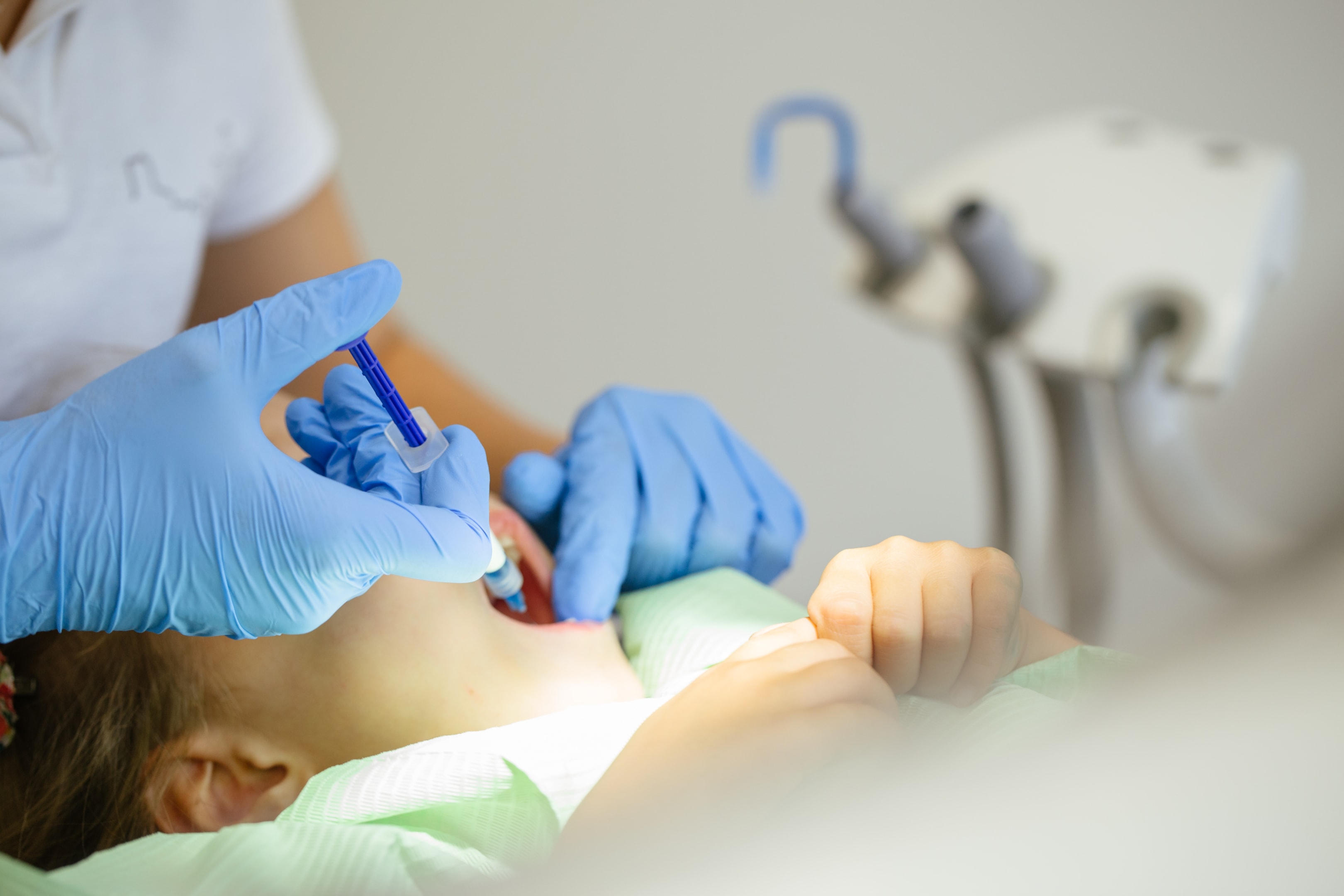
Many patients feel nervous about having a tooth extracted. Sedation options like oral sedation or IV sedation can help alleviate anxiety and make the procedure more comfortable. Discuss these options with your dentist or oral surgeon to decide the best approach based on your anxiety level and the complexity of your extraction.
Tip: Deep breathing exercises and listening to calming music can also help reduce anxiety during your appointment.
Signs of a Healthy Recovery and When to Call Your Dentist

After a tooth extraction, it’s normal to experience some discomfort, swelling, and minor bleeding. However, signs of a healthy recovery include the formation of a blood clot, reduction in swelling after a few days, and manageable pain.
If you notice excessive bleeding, severe pain, or signs of infection like fever or pus, contact your dentist right away.
Tip: Follow up with your dentist if you have any concerns about your recovery, especially if symptoms worsen instead of improve.
Conclusion: Taking Care of Your Oral Health Post-Extraction
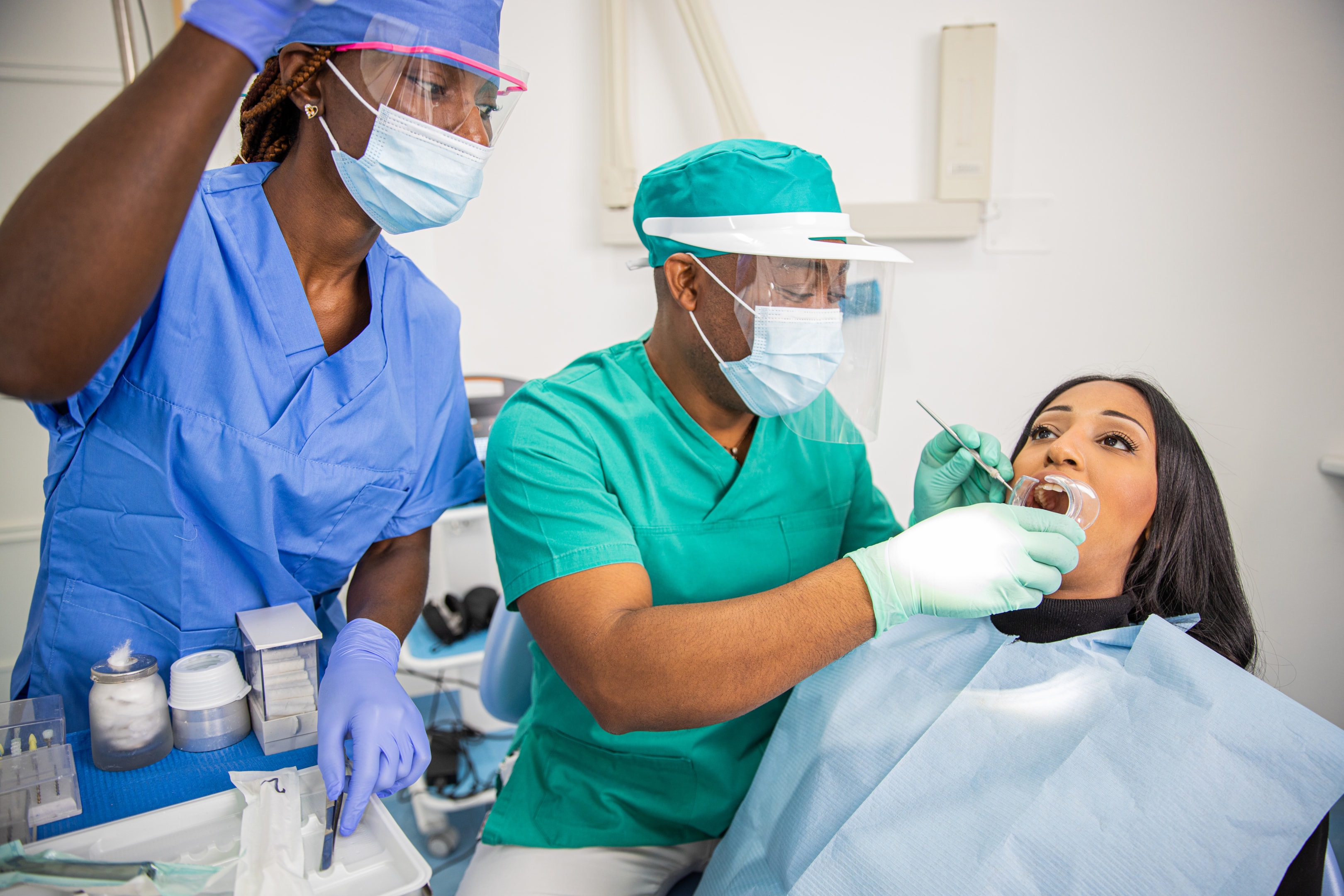
Tooth extraction is a standard procedure that can significantly improve your oral health by removing damaged or problematic teeth. By understanding the process, preparing adequately, and following your dentist’s post-operative instructions, you can ensure a smooth recovery. Remember, taking care of your mouth after an extraction is vital to prevent complications and promote healing.
At Sunridge Oral Surgery, we’re here to support you every step of the way, ensuring your experience is as comfortable and stress-free as possible. Take charge of your dental health today and consult with us to learn more about your tooth extraction options in Calgary.
Final Tip: Stay proactive about your oral health by scheduling regular dental check-ups to catch any potential issues early and maintain a healthy, beautiful smile.






